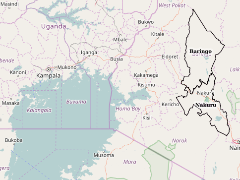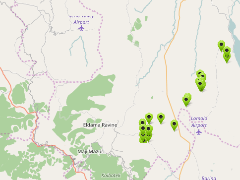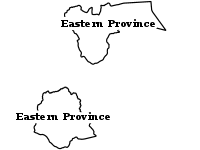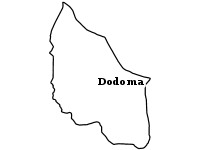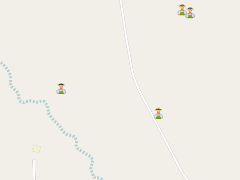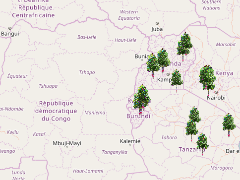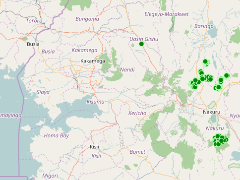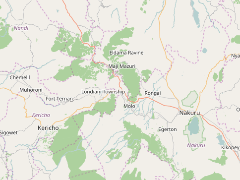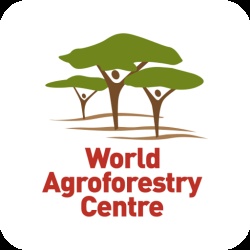
Farmer Managed Natural Regeneration
- Scientist: Muriuki, Jonathan
- July 19, 2017, 5 p.m.
- Donor :
- Grant Ref :
- Members :
Farmer Managed Natural Regeneration is an innovative reforestation method which involves selecting and managing trees that regrow off stumps of previously felled trees or grow from natural seed banks in the soil.
Farmer Managed Natural Regeneration is an innovative reforestation method which involves selecting and managing trees that regrow off stumps of previously felled trees or grow from natural seed banks in the soil.The practice is initiated when a farmer decides to protect and allow tree stumps to grow on their farms. Thereafter, the farm is surveyed and the preferred species among the trees present are selected and growth of the selected trees stimulated by such methods as thinning, pruning and pollarding. There are numerous impacts and benefits that are derived from practicing FMNR including increased tree densities, availability of firewood and building timber both for household consumption, fodder for livestock, medicine, fruits, gums and resins, carbon sequestration and improved soil fertility. In West Africa the practice is widespread across Mali, Niger, Senegal, Burkina Faso and Ghana. Since 2012, the project has been piloted in Kenya among other East African countries including Rwanda, Tanzania and Uganda. The project areas are Mogotio ADP of Baringo County and Kiambogoko and WEMA ADPs of Nakuru County.
Project layers, maps and documents
FMNR Rwanda and Burundi project boundary
- July 9, 2015, 3:22 a.m.
FMNR project Rwanda and Burundi Boundary
Recent Posts
We work towards the application of GeoScience in real decision contexts, such as climate change adaptation, hydrological effects of changes in climate and land cover, targeting of agroforestry interventions, provision of soil fertility and surveillance advisory services for smallholder farmers, digital soil and land use/cover mapping, and measuring impacts of interventions, all using open source software.

